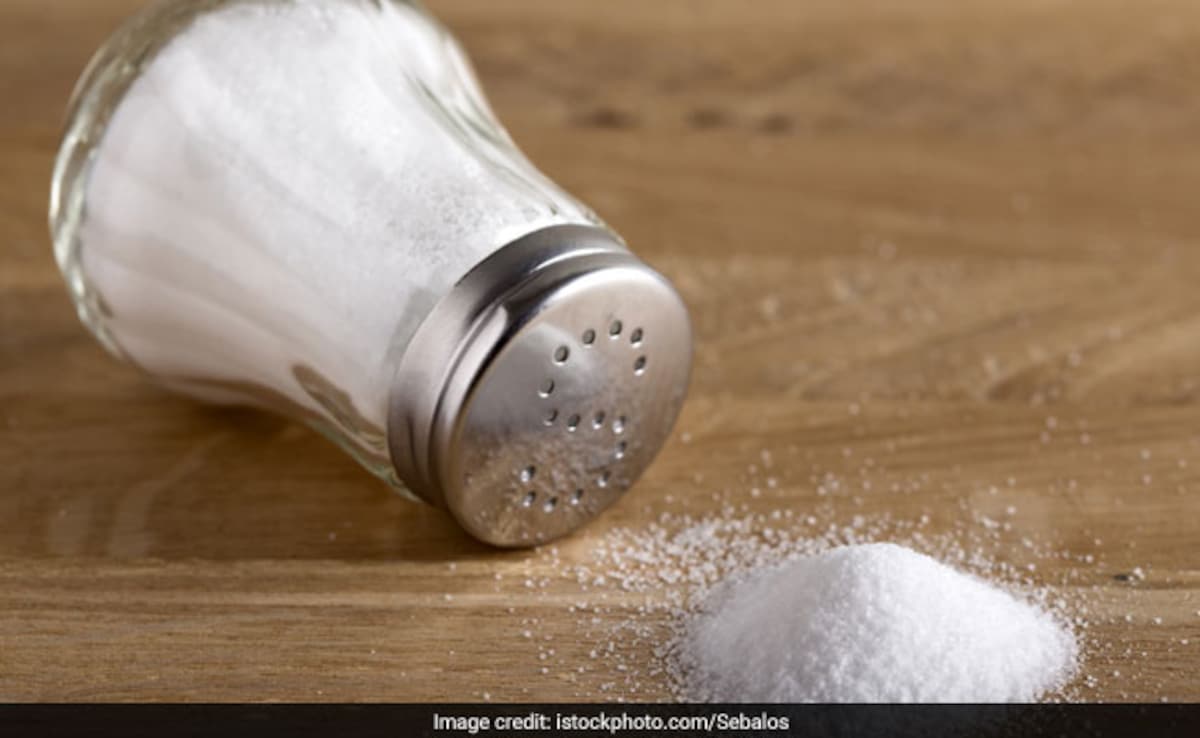
Salt: culinary hero or health villain? An essential ingredient, salt adds flavour but also courts controversy for health risks. On one side, it makes food taste better; on the other, it's blamed for causing health issues. The World Health Organization (WHO) says around 1.89 million people die each year because of too much salt, leading to high blood pressure and more heart problems. So, how much salt is too much? That's the big question.
What Is The Link Between Salt And Health Hazards And Global Deaths:
Sodium, widely found in table salt, is an essential nutrient that helps maintain the normal functioning of cells. It is also found naturally in a variety of foods, such as milk, meat, and shellfish. But if taken in excess amounts, sodium increases the risks of heart disease, stroke, and premature death, states a report by WHO.
A report by the Harvard Medical School also states that excessive sodium intake leads to high blood pressure, which further increases the risk of developing heart failure. It also causes complications in those with existing heart failure.

Photo Credit: iStock
What Is The Recommended Dosage For Salt:
For adults, WHO recommends less than 2000 mg/day of sodium, which is equivalent to just under a teaspoon. However, for children, the dosage can be adjusted as per their energy requirements. WHO also suggests that salt consumed should be iodized (fortified with iodine) - essential for healthy brain development.
Quick Tip To Reduce Sodium Intake:
Let's agree that it is impossible to give up on salt as it may hamper the taste of the meals. This is why WHO recommends eating fresh, minimally processed foods and keeping a check on the amount of salt you add to your meals. Also, avoid having salt as is on the sides.
Track Latest News Live on NDTV.com and get news updates from India and around the world

